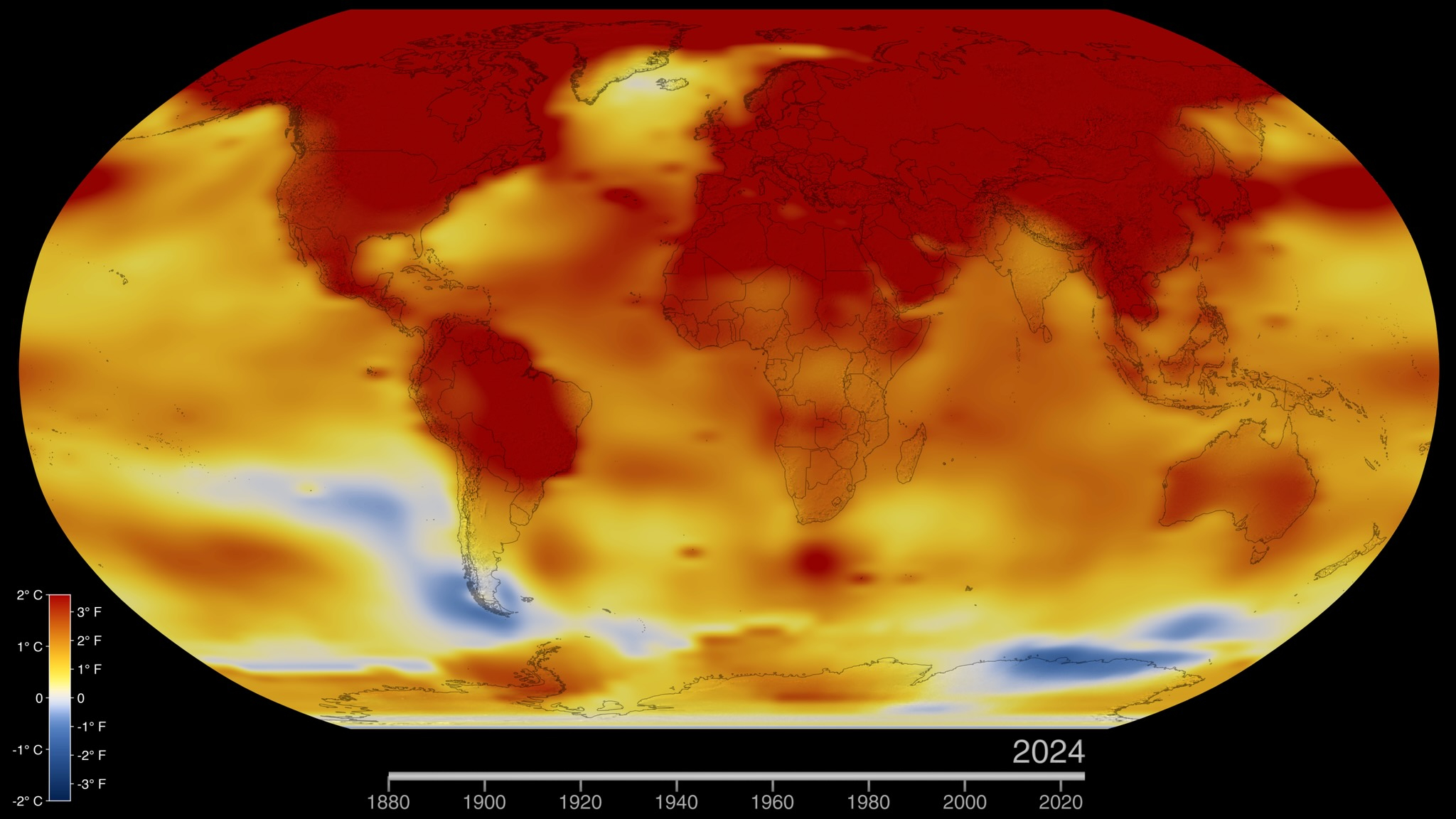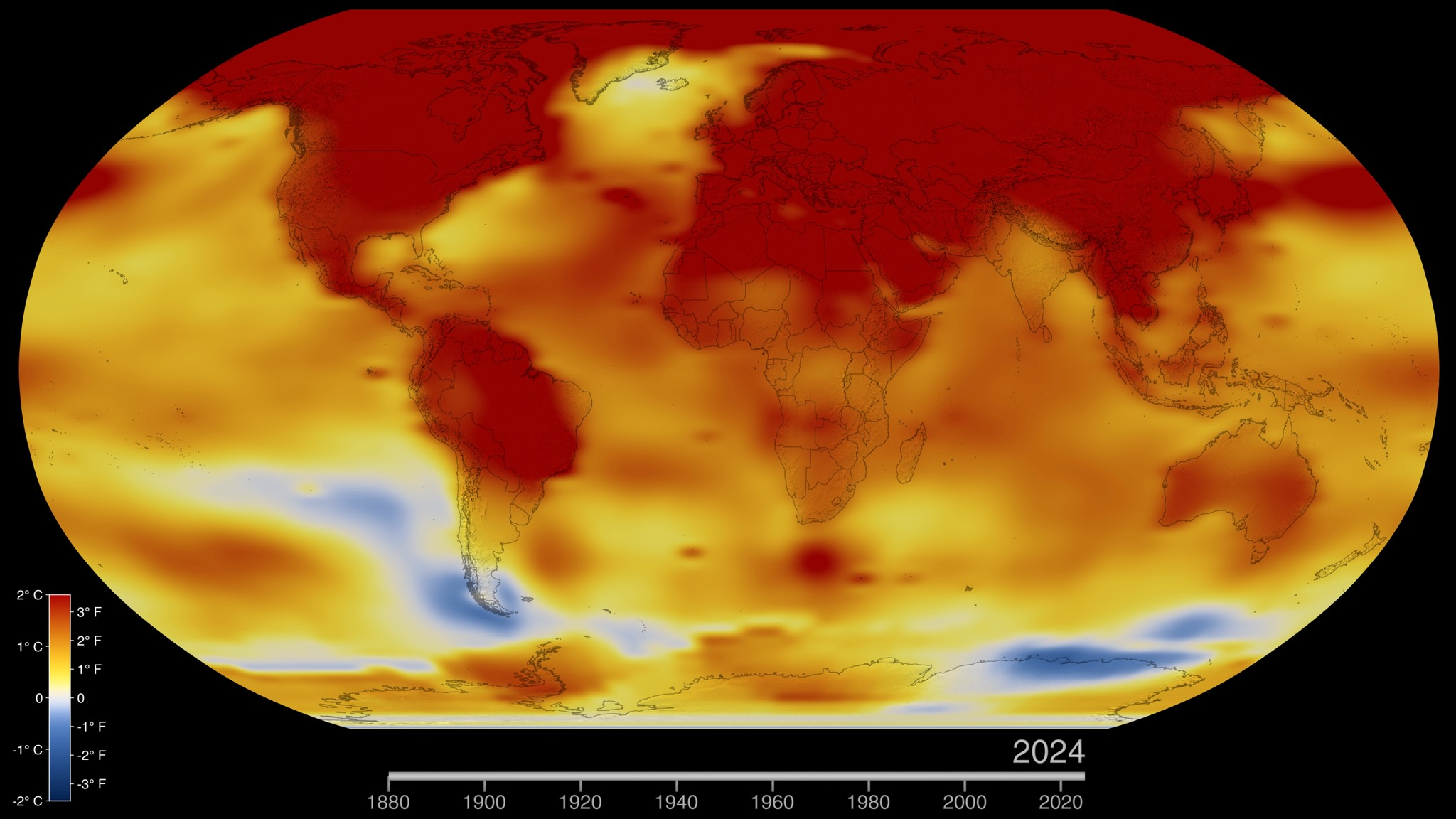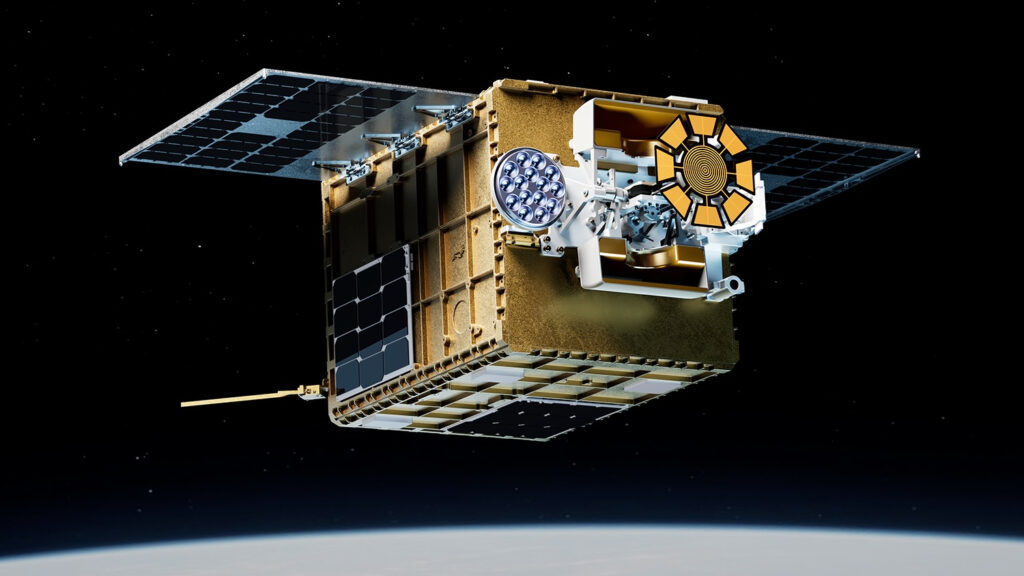Now Reading: Climate change is officially the leading threat to imperiled species in the United States
-
01
Climate change is officially the leading threat to imperiled species in the United States
Climate change is officially the leading threat to imperiled species in the United States


In a landmark shift, a new study has found that climate change is now the most pervasive human-caused threat to imperiled species in the United States, surpassing other long-standing hazards like habitat loss, pollution and invasive species for the first time.
The research, led by Talia E. Niederman and colleagues affiliated with the nonprofit conservation organization Defenders of Wildlife, analyzed 2,766 species across the U.S. and its territories listed as imperiled by the Endangered Species Act (ESA).
The team identified five main human-caused threats to these species based on ESA listings, International Union for Conservation of Nature assessments, and other climate sensitivity assessments. These threats are climate change, land and sea use change, species overexploitation, pollution and invasive species.
While these threats often overlap — 86% of the ESA-listed species face more than one — climate change has emerged as the most far-reaching, affecting a whopping 91% of the species. This marks the first time that climate change has surpassed the other threats, according to the study team.
Related: Climate change: Causes and effects
Scientists overwhelmingly agree that today’s global warming trend is human-caused, thanks to our emissions of greenhouse gases like carbon dioxide and methane into the atmosphere.
“In its Sixth Assessment Report, the Intergovernmental Panel on Climate Change, composed of scientific experts from countries all over the world, concluded that it is unequivocal that the increase of CO2, methane and nitrous oxide in the atmosphere over the industrial era is the result of human activities and that human influence is the principal driver of many changes observed across the atmosphere, ocean, cryosphere and biosphere,” NASA officials wrote in a climate change explainer.
Related stories:
These environmental changes alter ecosystems at a pace that outstrips many species’ ability to adapt, particularly for such groups as corals, bivalves and amphibians; the new study found that these species are especially impacted in the U.S.
The study’s authors urge authorities to “explicitly [include] climate sensitivity in ESA listing decisions and management plans” to ensure that conservation efforts account for the realities of a warming world.
“We need no further research to know that biodiversity is facing multiple persistent threats,” the researchers wrote in the new paper, which was published today (April 24) in the journal BioScience. “Addressing the five drivers of biodiversity loss promptly across all affected taxa will be critical to preventing further extinction.”
Stay Informed With the Latest & Most Important News
Previous Post
Next Post
-
 01Two Black Holes Observed Circling Each Other for the First Time
01Two Black Holes Observed Circling Each Other for the First Time -
 02From Polymerization-Enabled Folding and Assembly to Chemical Evolution: Key Processes for Emergence of Functional Polymers in the Origin of Life
02From Polymerization-Enabled Folding and Assembly to Chemical Evolution: Key Processes for Emergence of Functional Polymers in the Origin of Life -
 03Φsat-2 begins science phase for AI Earth images
03Φsat-2 begins science phase for AI Earth images -
 04Thermodynamic Constraints On The Citric Acid Cycle And Related Reactions In Ocean World Interiors
04Thermodynamic Constraints On The Citric Acid Cycle And Related Reactions In Ocean World Interiors -
 05Hurricane forecasters are losing 3 key satellites ahead of peak storm season − a meteorologist explains why it matters
05Hurricane forecasters are losing 3 key satellites ahead of peak storm season − a meteorologist explains why it matters -
 06Binary star systems are complex astronomical objects − a new AI approach could pin down their properties quickly
06Binary star systems are complex astronomical objects − a new AI approach could pin down their properties quickly -
 07Worlds Next Door: A Candidate Giant Planet Imaged in the Habitable Zone of α Cen A. I. Observations, Orbital and Physical Properties, and Exozodi Upper Limits
07Worlds Next Door: A Candidate Giant Planet Imaged in the Habitable Zone of α Cen A. I. Observations, Orbital and Physical Properties, and Exozodi Upper Limits




















